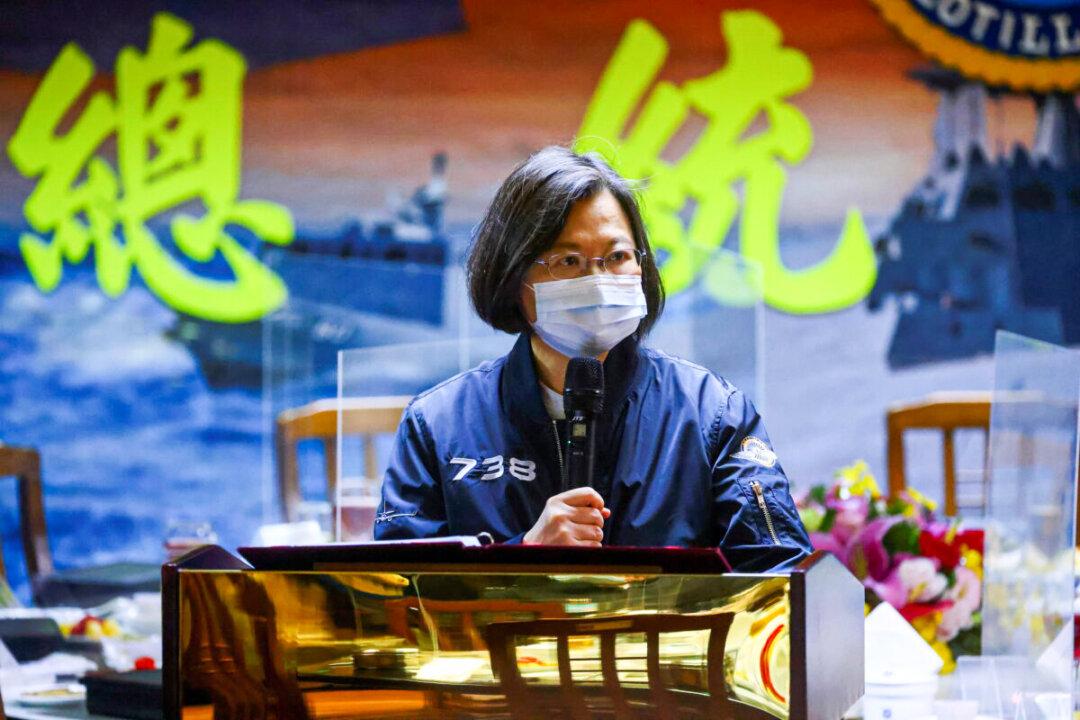Taiwan President Tsai Ing-wen confirmed on Oct. 28 that for the first time in 40 years there are U.S. troops on Taiwanese soil, saying that she’s confident that the United States would defend the self-ruled island if it were attacked by China.
“I do have faith, given the long-term relationship that we have with the United States. and also the support of the people of the United States as well as the Congress,” she told CNN in an interview aired on Oct. 27. “The administration has been very helpful.”





